Bristol Books & Bindery Opens in Bristol, Pa.
 Bristol Books & Bindery, which offers new and used titles as well as bookbinding services, opened earlier this month at 129 Mill Street in Bristol, Pa. The Bucks County Courier Times reported that if owner Elaine Powers's "story was a novel, the pandemic would be a key character. In 2020, deep in the Covid pandemic, she, her husband and their two children went for a car ride. Mill Street had recently turned around a decades-long downslide with 'Raising the Bar,' a community-led movement to revive the street, bring boutique shops, restaurants, eclectic bars and give Bristol the ambience of popular street enclaves in Brooklyn that attract younger people."
Bristol Books & Bindery, which offers new and used titles as well as bookbinding services, opened earlier this month at 129 Mill Street in Bristol, Pa. The Bucks County Courier Times reported that if owner Elaine Powers's "story was a novel, the pandemic would be a key character. In 2020, deep in the Covid pandemic, she, her husband and their two children went for a car ride. Mill Street had recently turned around a decades-long downslide with 'Raising the Bar,' a community-led movement to revive the street, bring boutique shops, restaurants, eclectic bars and give Bristol the ambience of popular street enclaves in Brooklyn that attract younger people."
When the Powers family noticed a for sale sign on the building that now houses her bookshop, they decided to buy it. "It's a risk my family took," she recalled. "Around that time, everybody was in panic. And it was like, well, if the world's ending, it's now or never.... You walk out my front door, and there's the river. It was a no-brainer."
A bookstore was not her first idea for the space, but when she introduced herself to one of the owners of Calm Waters, a nearby coffee shop, he said, "We need more places on the street to keep people here. Not in-and-out stores, where people come and then leave us. Places that have people stay and walk the street, see what we have here."
"Oh, like a bookstore," she replied, describing it as a light bulb moment, though she did not know the bookstore business and friends told her an indie bookshop was a losing proposition. "Everyone says, 'You're not gonna make any money.' And I get it, from a business point of view."
Future plans were on hold until, on a trip to the Poconos, she discovered Main Avenue Books and Bindery in Hawley and another light bulb moment occurred. "If I can incorporate similar facets of the same business model, without losing focus on books, it should be good," she recalled.
Powers subsequently studied under master bookbinder Ramon Townsend and found she had a knack for the craft. She now teaches classes with Townsend and will offer bookbinding lessons at her shop, along with writing workshops, author appearances, and other events. And she continues to learn "what people in the market want to read."
After the store's recent opening, Powers posted on Instagram: "I want to thank everyone for coming--through all the bad weather, no less!! I cannot believe the support I've received from Bristol. I've known it is an amazing town, which is why I've chosen this location, but I didn't know just how amazing. I can't wait to really get going. It's going to be great!!!"






IPC.0204.S3.INDIEPRESSMONTHCONTEST.gif)





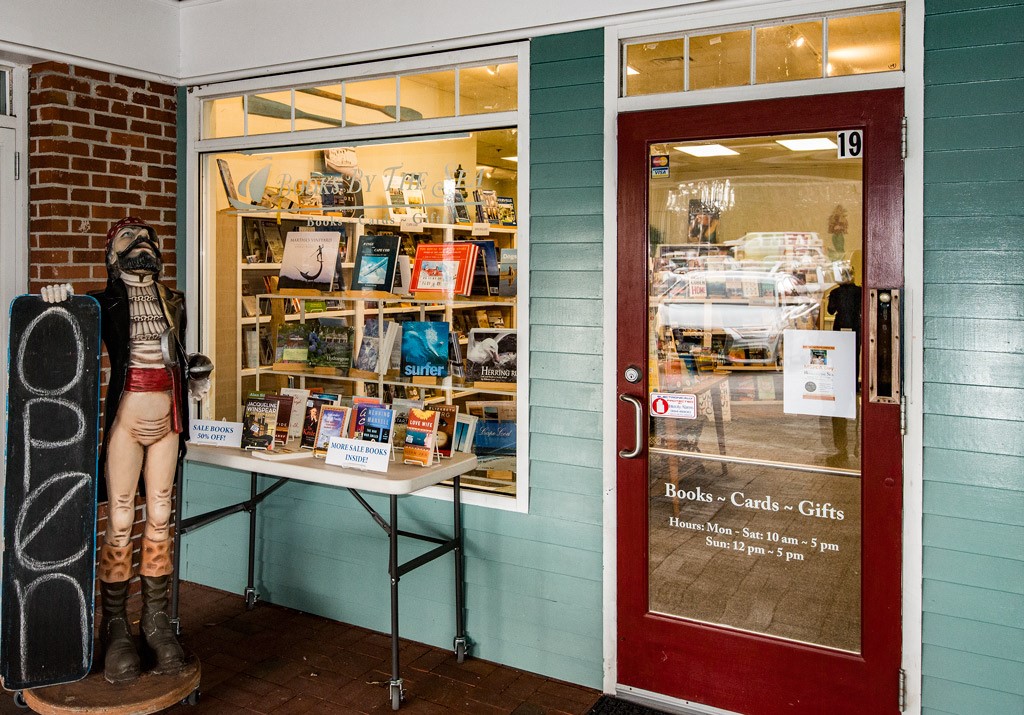

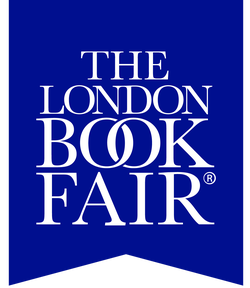 "I'm rapidly coming to the conclusion that you have to win the hearts and minds," said Rachel Martin, global director of sustainability at Elsevier, during a panel Wednesday afternoon at the London Book Fair about sustainability in publishing.
"I'm rapidly coming to the conclusion that you have to win the hearts and minds," said Rachel Martin, global director of sustainability at Elsevier, during a panel Wednesday afternoon at the London Book Fair about sustainability in publishing.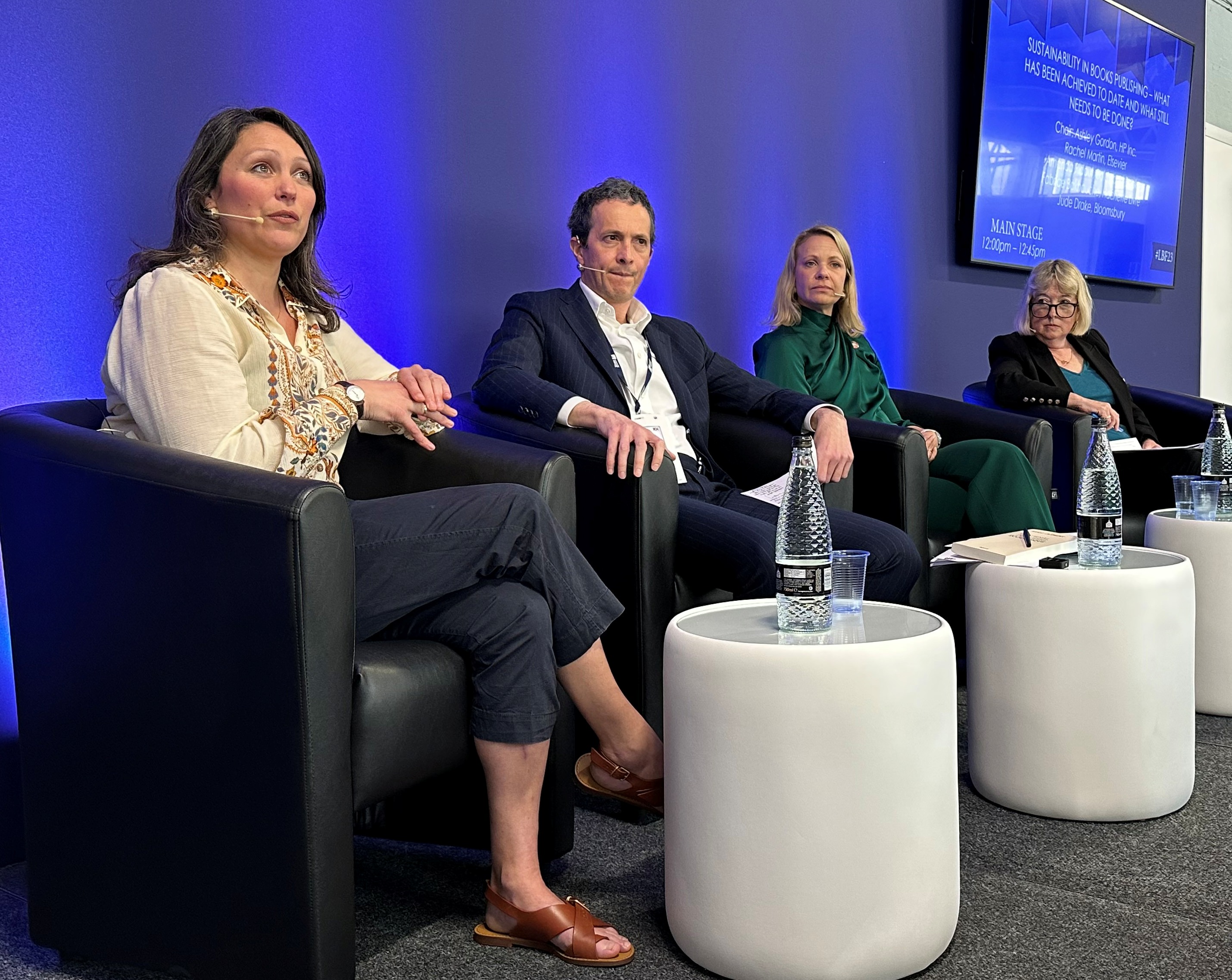
IPC.0211.T4.INDIEPRESSMONTH.gif)
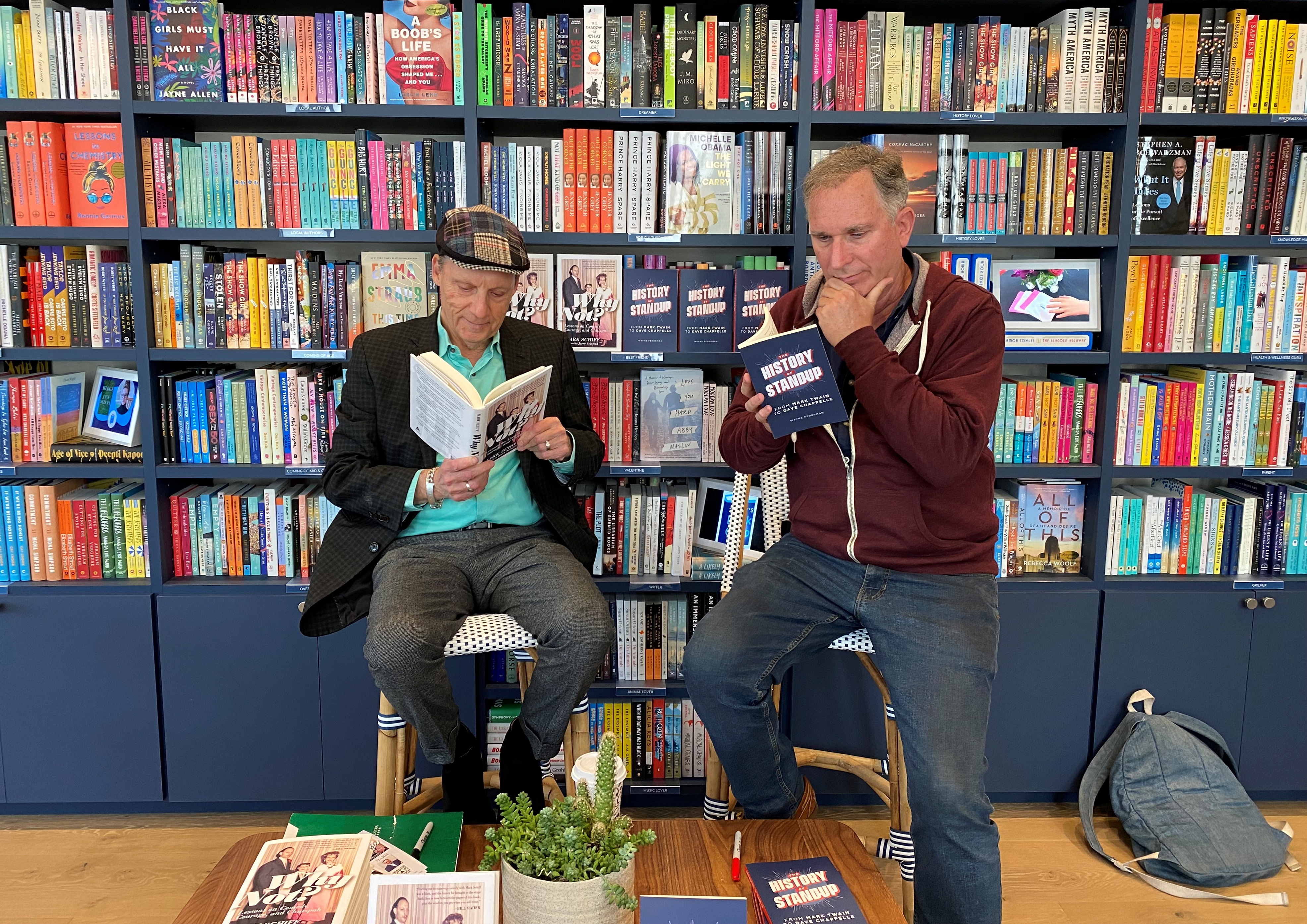
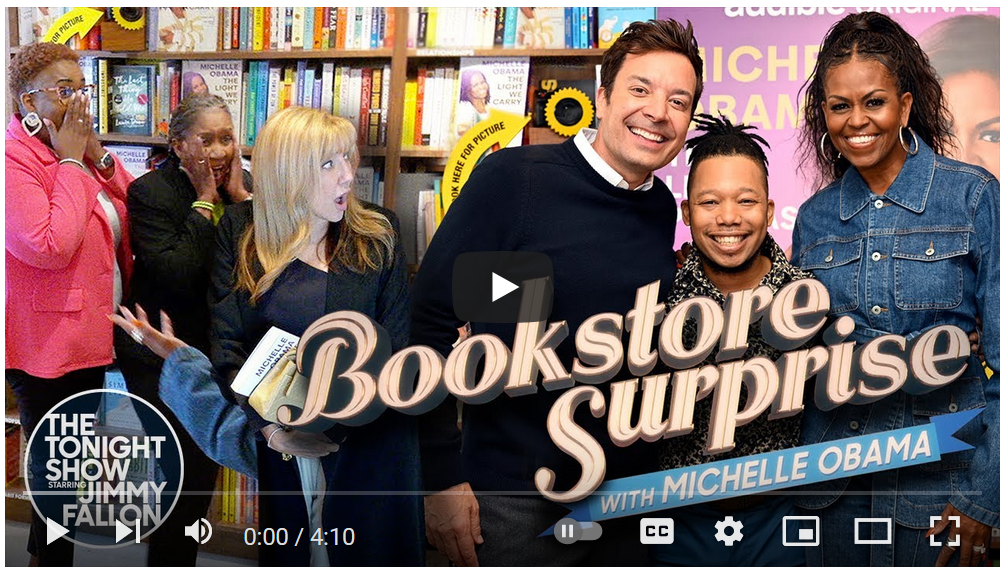
 "If you've been in our store, you've probably seen the
"If you've been in our store, you've probably seen the 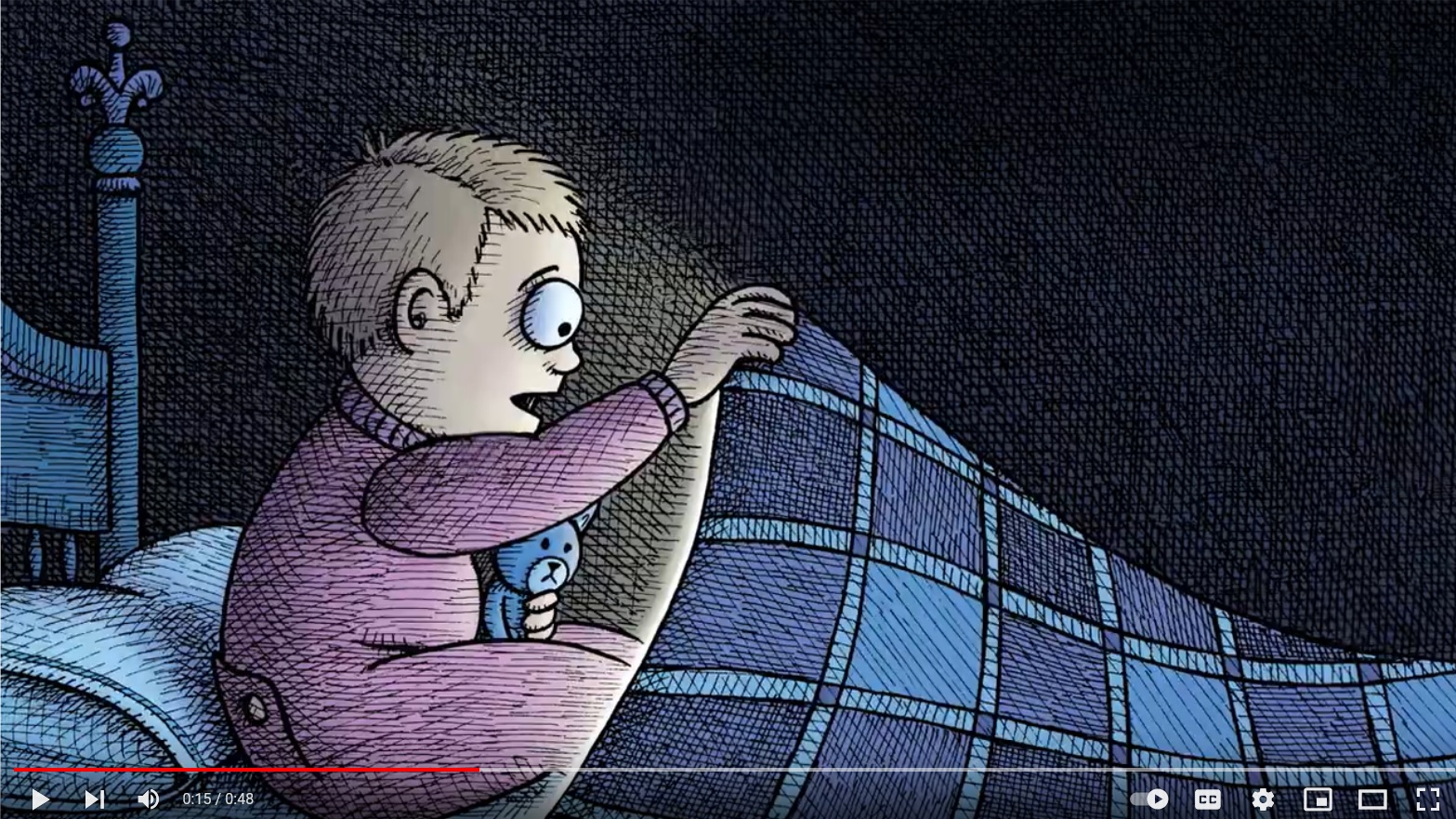 The Night Tent
The Night Tent
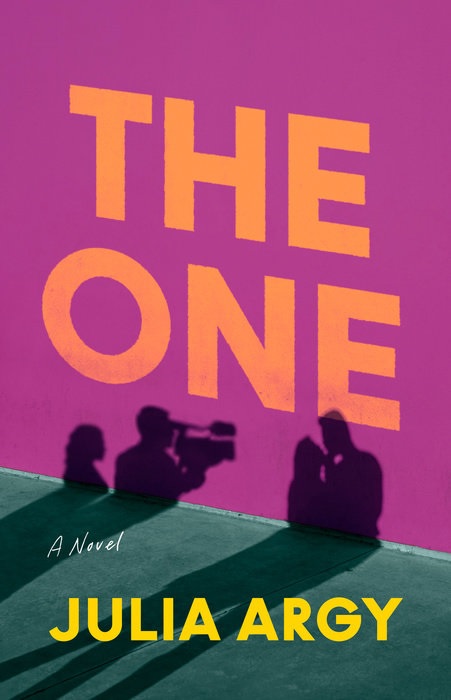 Book you've bought for the cover:
Book you've bought for the cover: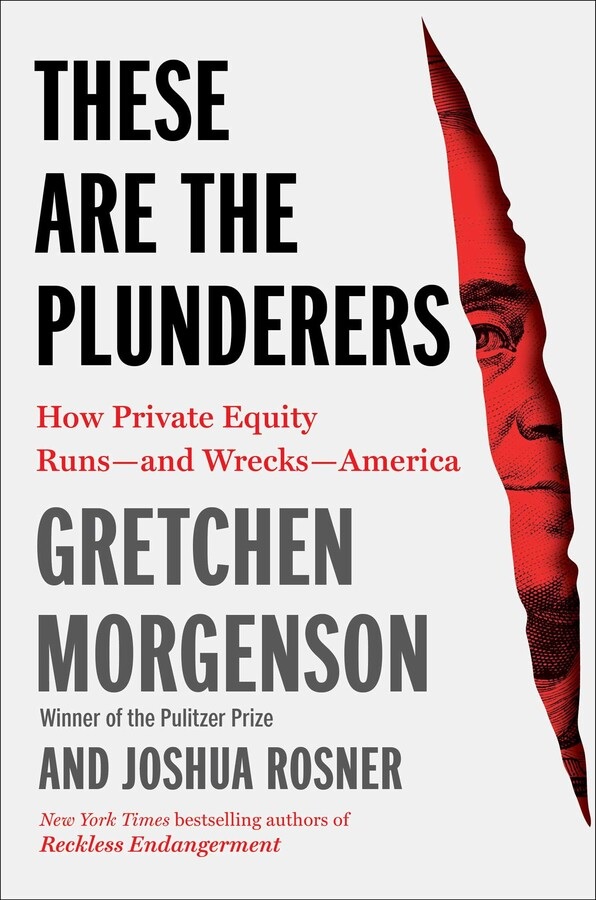 Those who don't closely follow the world of business and investing may be, at best, only dimly aware of the phenomenon known as private equity. By the time readers have finished Pulitzer Prize-winning investigative reporter Gretchen Morgenson and banking and financial consultant Joshua Rosner's thorough, unsparing These Are the Plunderers: How Private Equity Runs--and Wrecks--America, their eyes will be opened wide to the machinations of this small group of "modern-age robber barons" whose relentless practice of a "rapacious form of capitalism" allows them to amass unimaginable wealth at enormous cost to American businesses, workers, and taxpayers.
Those who don't closely follow the world of business and investing may be, at best, only dimly aware of the phenomenon known as private equity. By the time readers have finished Pulitzer Prize-winning investigative reporter Gretchen Morgenson and banking and financial consultant Joshua Rosner's thorough, unsparing These Are the Plunderers: How Private Equity Runs--and Wrecks--America, their eyes will be opened wide to the machinations of this small group of "modern-age robber barons" whose relentless practice of a "rapacious form of capitalism" allows them to amass unimaginable wealth at enormous cost to American businesses, workers, and taxpayers.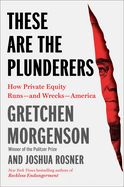
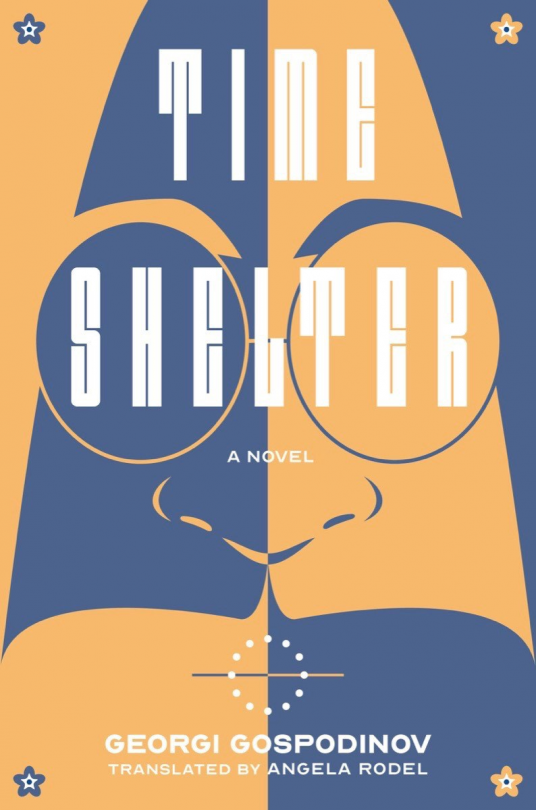 Gospodinov's novel is brilliant. Here's a taste: "Reading magazines and newspapers from forty or fifty years ago. What was worrisome then is no longer worrisome now. News has become history. Breaking news has long since broken. The paper is slightly yellowed, a faint scent of damp wafts from the magazine's glossy pages. But what is going on with the ads? The ones we passed over with annoyance back then have now taken on a new value. Suddenly the ads have become the true news about that time. The entrance into it. A memory of everyday life, which goes bad quickest of all and acquires a layer of mold. Of course, the items being advertised are long gone. Which therefore increases their value."
Gospodinov's novel is brilliant. Here's a taste: "Reading magazines and newspapers from forty or fifty years ago. What was worrisome then is no longer worrisome now. News has become history. Breaking news has long since broken. The paper is slightly yellowed, a faint scent of damp wafts from the magazine's glossy pages. But what is going on with the ads? The ones we passed over with annoyance back then have now taken on a new value. Suddenly the ads have become the true news about that time. The entrance into it. A memory of everyday life, which goes bad quickest of all and acquires a layer of mold. Of course, the items being advertised are long gone. Which therefore increases their value."  "
"